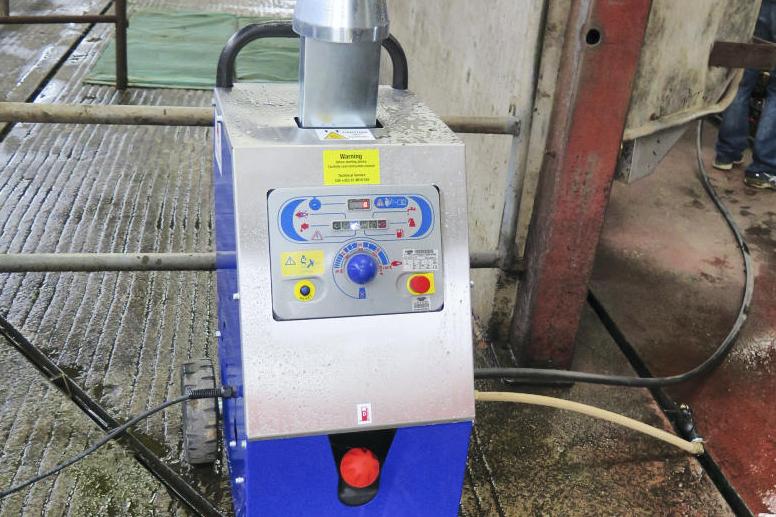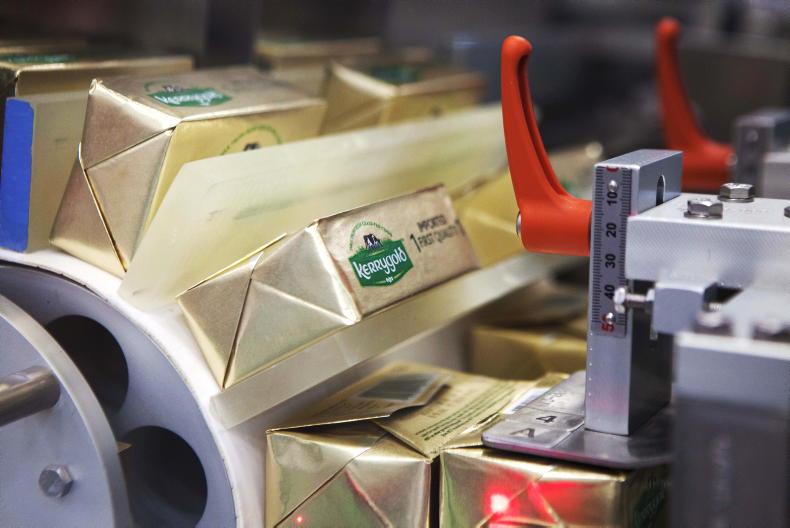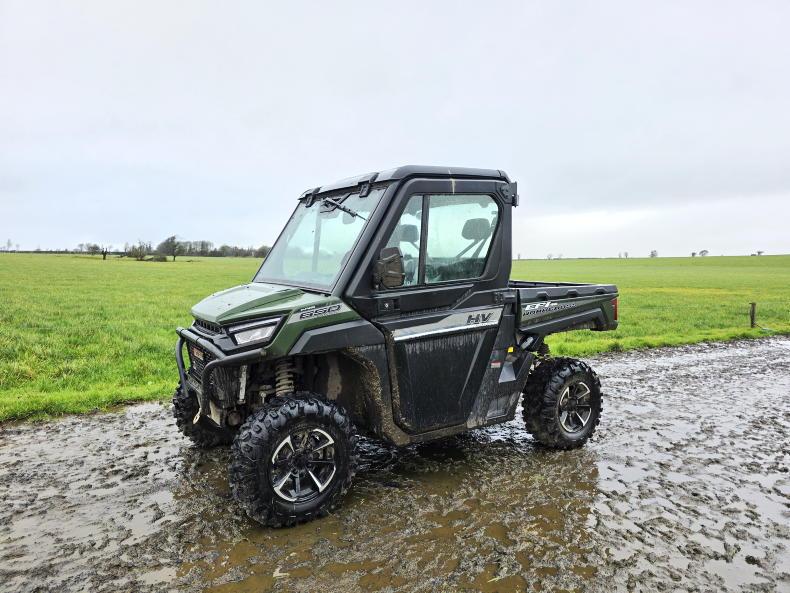According to a recent Teagasc study, heating water contributes 23% to the total energy use on dairy farms.
The contribution is probably higher on calf-rearing farms, which require hot water for feeding milk replacer to calves. While all livestock farms use hot water for cleaning, the quantities used are higher on dairy farms.
The use of hot water on these farms is coming under increased scrutiny as chlorine-based detergents have recently been banned.
Alternative cleaning agents to chlorine are available, but they tend to require a lot more hot water washes and they also require hot water at a higher temperature.
This is putting increased focus on the infrastructure around water heating.
The electric hot water heater is coming under pressure on a lot of farms. Issues surround its capacity to heat the amount of hot water required to the right temperature at a reasonable cost.
In most cases, hot water at a temperature of 80°C is required for cleaning milking equipment.
Alternatives
This is where alternatives to electricity for heating water come in to play. Renewable energy such as solar water heaters will heat water to a certain temperature, but are very weather dependent.
Up to now, gas was the main alternative to electricity for instant, high-temperature hot water. However, diesel-powered water heaters are now available.
Dairy Geyser is one such product. Designed and manufactured in Cork, Dairy Geyser uses diesel to instantly heat water from ambient temperature up to 80°C at a flow rate of 20l/min.
We build Dairy Geyser from scratch in our factory in Cork
Dairy Geyser is capable of heating up to 30l of water per minute, making it suitable for use in most milking parlour systems. If extra capacity is required, a second heater can be used.
“We build Dairy Geyser from scratch in our factory in Cork. About 90% of the materials come from Ireland, with only the electrics and the burner coming from Italy.
"Because of this, we can size the heater according to the farmer’s requirements, but in most cases the standard Dairy Geyser does the job,” Martin Deady from Dairy Geyser says.
The advantages of Dairy Geyser over alternative instant heating systems such as gas, is that the installation is much quicker
According to Martin, there is no limit on the temperature the water can be heated to. It can heat to 150°C for steam cleaning in a power washer but flow rate will be lower when the temperature is higher.
The advantages of Dairy Geyser over alternative instant heating systems such as gas, is that the installation is much quicker, with only two pipes to be connected – the cold water inlet and the hot water outlet.
Martin says about 50% of the heaters are self-installed, with the rest installed by plumbers. Similarly, maintenance is easy, with a €60 maintenance pack required every 1,000 hours or 12 months.
Diesel
A built-in 20l diesel tank will heat about 2,500l of water to 75°C. That diesel is used, and not gas, is also an advantage, as diesel is readily available on most farms, storage is in place and there are multiple suppliers in any given area.
Kerosene can also be used.
The Dairy Geyser costs €2,850 plus VAT at 23%. A TAMS grant of €880 can be claimed and all the VAT is recoverable.
Martin says the diesel system is much cheaper to run than electricity as there are no day or night rates with diesel and no hot water is being stored, meaning it only heats what is needed.
Dairy Geyser is now available to buy through most co-ops.









SHARING OPTIONS